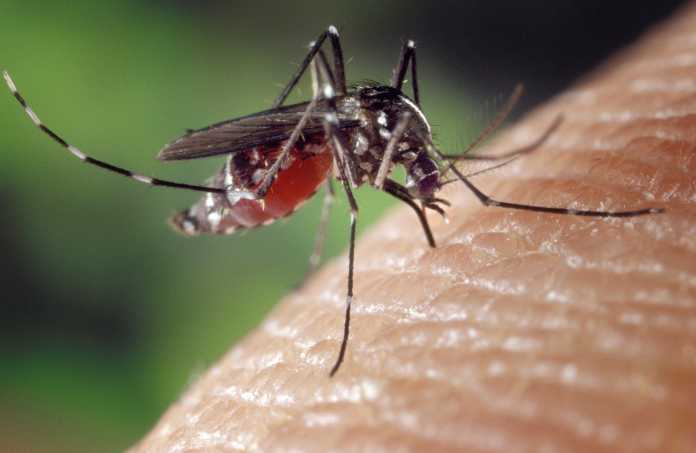National Public Radio (NPR) followed its sister organization Public Broadcasting Service (PBS) this week in pushing false climate claims. Among the most egregious lies told in NPR’s story, “Everything Is Unprecedented. Welcome To Your Hotter Earth,” was its linking the seasonal outbreak of mosquito-borne tropical diseases to climate change.
However, as detailed in Chapter Four of Climate Change Reconsidered II: Fossil Fuels, the vast body of scientific literature refutes NPR’s claim that climate change is likely to exacerbate the spread of mosquito borne diseases.
Studies from Africa, to England and Wales, to North and South America, to Thailand and beyond refute any link between climate change and the spread of malaria, Dengue fever, West Nile virus, and other vector-borne diseases. For example, a 2010 study in the peer-reviewed journal Nature reports, “[The study’s authors] compared historical and contemporary maps of the range and incidence of malaria and found endemic/stable malaria is likely to have covered 58% of the world’s land surface around 1900 but only 30% by 2007.” Clearly, malaria has become less prevalent and deadly as the climate has warmed.
The authors rebut potential assertions that there would be even further reductions in malaria but for global warming. The authors write, ‘widespread claims that rising mean temperatures have already led to increases in worldwide malaria morbidity and mortality are largely at odds with observed decreasing global trends in both its endemicity and geographic extent.’
Vector-borne disease expert Paul Reiter, a member of the World Health Organization’s Expert Advisory Committee on Vector Biology and Control, has written extensively on the transmission of vector-borne diseases. Reiter concludes any links between such diseases and climate change are not supported by evidence.
For example, in a 2008 article in the Malaria Journal, Reiter writes, “Simplistic reasoning on the future prevalence of malaria is ill-founded; malaria is not limited by climate in most temperate regions, nor in the tropics, and in nearly all cases, ‘new’ malaria at high altitudes is well below the maximum altitudinal limits for transmission.”
Reiter adds, “future changes in climate may alter the prevalence and incidence of the disease, but obsessive emphasis on ‘global warming’ as a dominant parameter is indefensible; the principal determinants are linked to ecological and societal change, politics and economics.”
NPR and PBS should stick to entertainment topics for which they have better expertise – like Big Bird.
























